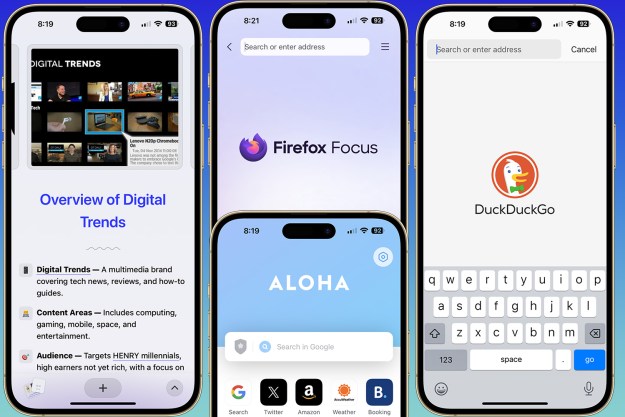
But in some United States courts, passwords can be a liability.
The Miami Herald reports that Christopher Wheeler, a child abuse suspect, has been held in criminal contempt and sentenced to 180 days in jail for refusing to reveal his iPhone’s passcode. That is despite the man’s claims that the password he provided, which did not work, was correct.
“I swear, under oath, I’ve given them the password,” Wheeler told a Florida circuit court judge on Thursday.
Wheeler, who was arrested on accusations he hit and scratched his young daughter, was charged with child abuse in March. Detectives believe that his phone contains pictures of the child’s injury, which could help prove the case.
A judge authorized a search warrant for Wheeler’s iPhone, but police were unable to get in. Wheeler will be allowed to post bond pending an appeal, or set free if he provides a working passcode.
In a separate Florida case, a judge declined to hold in contempt a man accused of extortion for refusing to unlock his iPhone.
The man, Wesley Victor, had been ordered by a judge to hand over the passcode of phones suspected of containing incriminating text messages. He and his girlfriend, reality TV star Hencha Voigt, are accused of threatening to release sex videos stolen from social media icon YesJulz in exchange for $18,000.
Victor claimed he could not recall the password, and Miami-Dade Circuit Judge Charles Johnson ruled that there was no way to prove that he remembered his PIN code more than 10 months after his initial arrest.
According to the Fifth Amendment, defendants have the right not to say anything that could be used against them. But recent court decisions have muddied the waters.
Both Wheeler and Victor were ordered to give up their passwords under a Florida precedent that let police force a voyeur to give up his passcode. The state Court of Appeals ruled that defendants can sometimes be compelled to give up passcodes based on the “foregone conclusion” doctrine of the Fifth Amendment, which states that if police can compel a defendant can testify if they’re reasonably certain of what they’re going to find.
The Florida Supreme Court has yet to take up the issue.
Some legal experts argue that smartphones should be exempt from the doctrine, arguing that passcode demands lead to “fishing expeditions” — phone searches without clear objectives. Short of final world from the Supreme Court, though, little seems poised to change.
“[It’s] the law in Florida at this point,” Johnson said, citing the Court of Appeals judgement in the case of Voigt.
Editors' Recommendations
- iPhone SE 4: news, rumored price, release date, and more
- When will Apple release iOS 18? Here’s what we know
- 10 reasons you should buy an iPhone in 2024
- iOS 18 could add a customization feature I’ve waited years for
- My iPhone’s keyboard is driving me crazy



